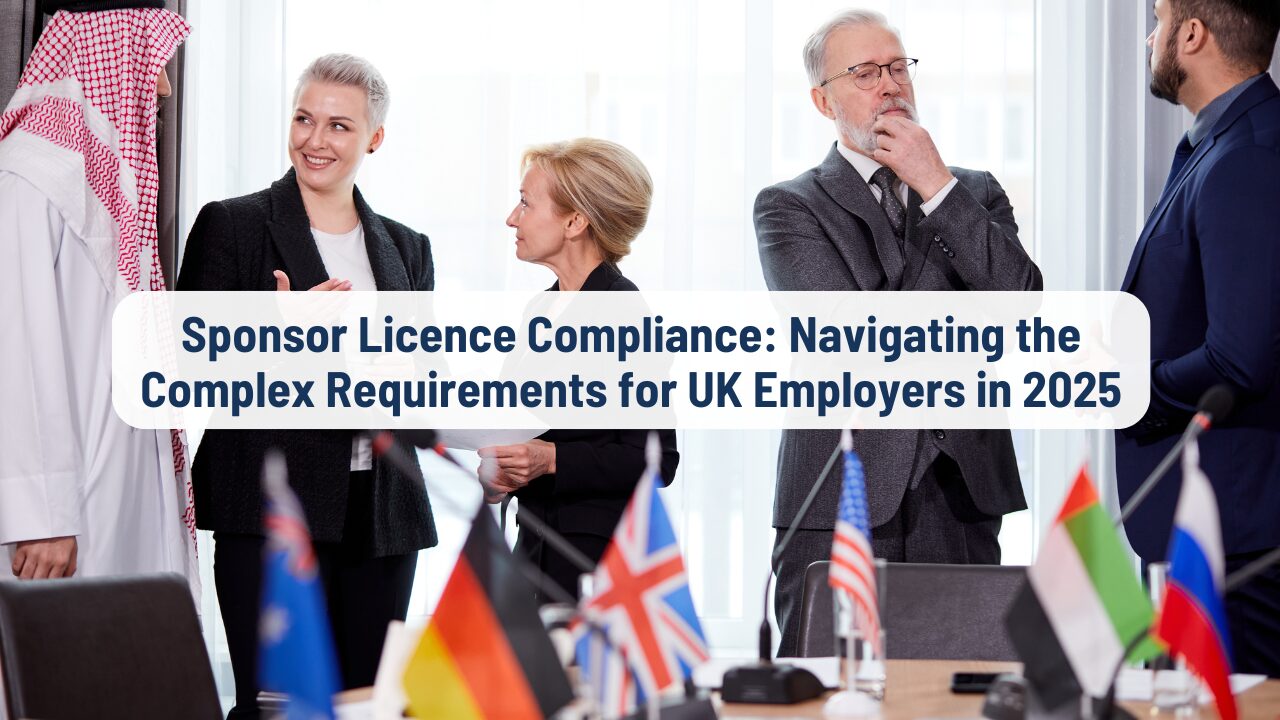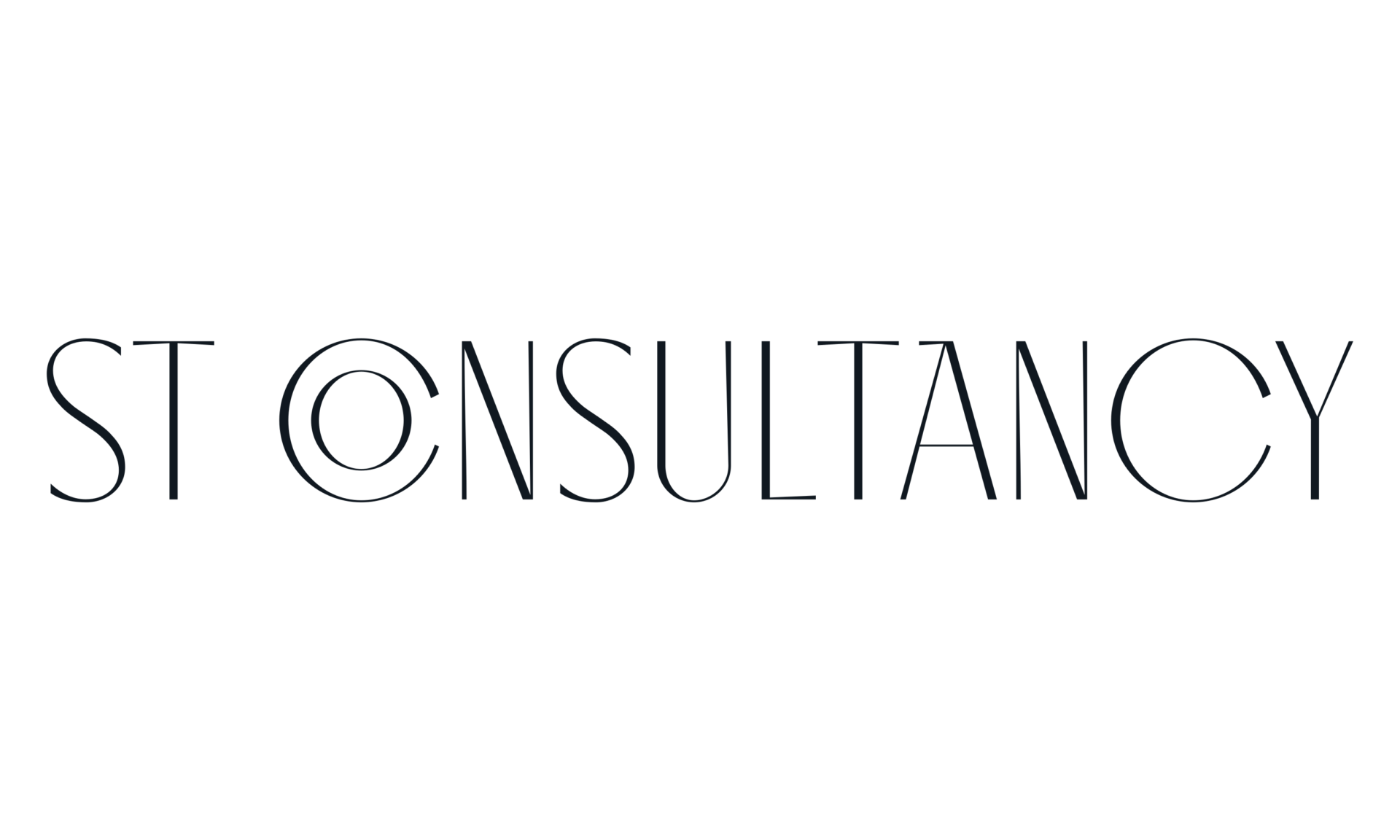
Introduction
In the ever‐evolving realm of UK immigration, maintaining robust Sponsor Licence Compliance has become critical for employers who wish to hire international talent. In 2025, the compliance framework was updated to reflect stricter rules, increased scrutiny, and more sophisticated digital reporting mechanisms. For organisations holding a sponsor licence, ensuring compliance is not simply an administrative checkbox—it is a fundamental pillar that protects the business from legal and reputational risks while securing the ability to sponsor skilled workers.
Understanding Sponsor Licence Compliance
Sponsor Licence Compliance encompasses a suite of responsibilities that UK employers must adhere to, as set by the Home Office. At its core, it involves systematically maintaining accurate records, regularly completing “Right-to-Work” checks, and promptly reporting any material changes to sponsored employees through the Sponsor Management System (SMS). The new compliance regime introduced in 2025 requires organisations to ensure that every sponsored individual’s documentation is current and that all employer procedures align with the updated immigration rules. This proactive approach is designed to deter breaches and promote transparency across the sponsorship process.
Key Areas of Compliance
Accurate Record-Keeping and Documentation
One of the cornerstones of Sponsor Licence Compliance is maintaining comprehensive and up-to-date records for every sponsored worker. Employers must securely retain copies of passports, visas, contracts, and records of Right-to-Work checks. As recommended by the latest guidance, regular internal audits help identify any discrepancies that could trigger compliance breaches during unannounced Home Office inspections. The increasing use of digital records and automated tracking systems has emerged as a best practice, enabling businesses to quickly update and verify critical documentation.
Conducting Timely Right-to-Work Checks
Ensuring that all sponsored employees possess the legal right to work in the UK is a non-negotiable requirement. The latest regulations emphasise the need for thorough and periodic Right-to-Work checks, particularly as remote or hybrid working arrangements become more common. Employers are now expected to validate the immigration status of employees through government-approved digital platforms. Detailed records of these checks must be maintained, as any lapses may lead to penalties or revocation of the sponsor licence.
Timely Reporting and SMS Management
The Sponsor Management System (SMS) remains the vital communication channel between sponsors and the Home Office. Employers must report key changes—such as alterations in an employee’s job title, status changes, or terminations—immediately. In 2025, additional reporting duties were introduced to account for offshore and remote working arrangements. Failure to update the SMS promptly can result in compliance breaches, leading to fines and potential suspension of sponsorship rights.
Prohibition of Passing on Costs
A notable update in the compliance guidelines concerns the prohibition on transferring sponsor licence or Certificate of Sponsorship (Cos) fees onto the sponsored workers. This measure, which came into force at the end of 2024, aims to safeguard workers from undue financial burdens and ensure that all costs remain the employer’s responsibility. Adherence to this rule is a significant component of modern Sponsor Licence Compliance, with non-compliance likely to attract severe sanctions.
Common Challenges and How to Overcome Them
Navigating Changing Regulations
One of the biggest challenges employers face today is staying current with rapidly changing compliance requirements. With continual updates and clarifications issued by the Home Office, even well-established procedures may quickly become outdated. Regular training sessions for HR and compliance teams and subscriptions to official government updates can help businesses remain ahead of the curve.
Resource Allocation and Internal Processes
Ensuring comprehensive compliance often demands a considerable investment in time and resources. Smaller organisations, in particular, may struggle to manage the rigorous documentation, regular audits, and timely reporting required by the updated rules. Investing in digital solutions—such as automated record-keeping systems and compliance software—can alleviate some of the manual burdens and reduce the risk of human error. External audits and consultations with immigration experts provide valuable insights into potential vulnerabilities.
Maintaining a Culture of Compliance
Beyond systems and processes, fostering an internal culture prioritising compliance is essential. Top management and designated Authorisation Officers should lead by example, implementing clear protocols and maintaining open communication channels with all departments involved in the sponsorship process. This collective responsibility ensures that every organisation member understands the importance of Sponsor Licence Compliance and acts accordingly.
Best Practices for Sustaining Compliance in 2025
- Adopt Digital Tools: Use government-approved, automated systems to track employee documentation and conduct Right-to-Work checks. Digital transformation in compliance management reduces errors and streamlines reporting to the Home Office.
- Regular Internal Audits: Schedule periodic internal reviews to ensure all records are accurate and complete. Continuous self-assessment helps prepare for unexpected external audits.
- Engage with Experts: Collaborate with immigration consultants and legal advisors specialising in UK visa sponsorship. Independent reviews of internal processes can identify potential gaps before they become problematic.
- Clear Internal Policies: Develop and enforce standard operating procedures (SOPS) that detail every step of the Sponsor Licence Compliance process. Transparent internal policies ensure consistency and accountability across the organisation.
Conclusion
Sponsor Licence Compliance in 2025 is a multi-faceted challenge that requires UK employers to be vigilant, proactive, and resourceful. By maintaining meticulous records, conducting thorough Right-to-Work checks, managing the Sponsor Management System efficiently, and adopting digital solutions, businesses can confidently navigate the complex compliance landscape. In doing so, not only do they secure their ability to sponsor international talent, but they also build a reputation for ethical and responsible hiring practices. Embracing these best practices and understanding the evolving regulatory requirements paves the way for long-term success in an increasingly competitive global talent market.
For Legal and Business Solution, visit: ST Consultancy
Follow Us:
Facebook – https://www.facebook.com/profile.php?id=61564973949911
Instagram – https://www.instagram.com/stconsultancy_stc/
Twitter – https://x.com/st_stc43927
LinkedIn – https://www.linkedin.com/company/st-consultancy-ltd, Dr. Erika Szita-Szegedi, Manmeet Abroll

